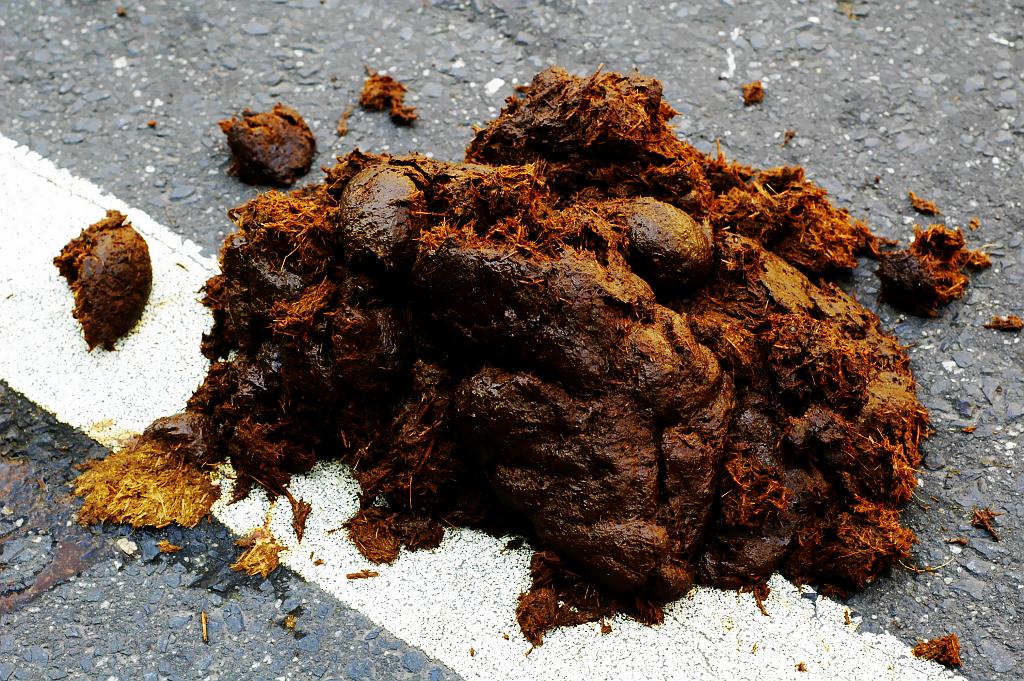Blockbuster Hits, Acquisitions Drive Revenues at S&S, HarperCollins

According to the 10-Q filed by CBS Corp, Simon & Schuster revenues dropped $25 million last quarter from the same period last year, ($224 million to $199 million). The decline was attributed to the lack of a blockbuster hit comparable to "the popularity of Doctor Sleep by Stephen King and Si-Cology by Si Robertson", both of which were released in the 3rd quarter last year.
Revenues in general were down, but it would seem that digital revenues were one of the bright spots. Digital content sales made up 28% of revenues, and PW reported that sales of digital content (which were down in the first half of 2014) were "flat to a little down" in the third quarter.
HarperCollins, on the other, reported a much better quarter – and for exactly the same reason. PW has a good summary so I will quote them:
Total revenue at HC rose to $406 million, from $328 million in last year’s first quarter. …
HarperCollins completed its acquisition of Harlequin at the end of July, one month into the last quarter and HC parent company News Corp.said that excluding Harlequin results, sales would have increased 6% and EBITDA would have increased 23%.
…
Aided by the Harlequin purchase, total e-book sales rose 28% in the quarter and accounted for 22% of HC revenue. Excluding Harlequin, e-book sales were still up 8% in the period.
PW goes on to say that HarperCollins attributed their increase in revenues to the YA dystopia series Divergent, which had been selling great ever since the movie was released earlier this year. 3.5 million copies were sold last quarter, helped by sales of Four: A Divergent Collection.
So what we have here are two publishers whose fortunes are dependent on blockbuster hits and buying up smaller publishers. (Actually, based on Hachette’s quarterly report from August, we could make that 3 publishers.)
That does not strike me as being conducive for the long term health of the companies in question, although it does present an interesting opportunity for the authors of the blockbuster hits. I wonder if they know how much power they have?
image by Dave Dugdale



Comments
Mackay Bell November 8, 2014 um 3:39 pm
One of the things that gets overlooked when people bemoan that there are too many books making "discovery" hard, is that once a book does break through, the heights it can rise to are higher (because of the global economy and the ease of impulse purchase) and the water cooler effect. That means more leverage than ever for writers who, through talent, luck and PR skills, can break out.
Big publishers still have the bulk of the clout, because they have the marketing muscle, but I think the top writers will end up with more power because it’s harder for publishers to create hits on their own. They need brand name writers more than ever.